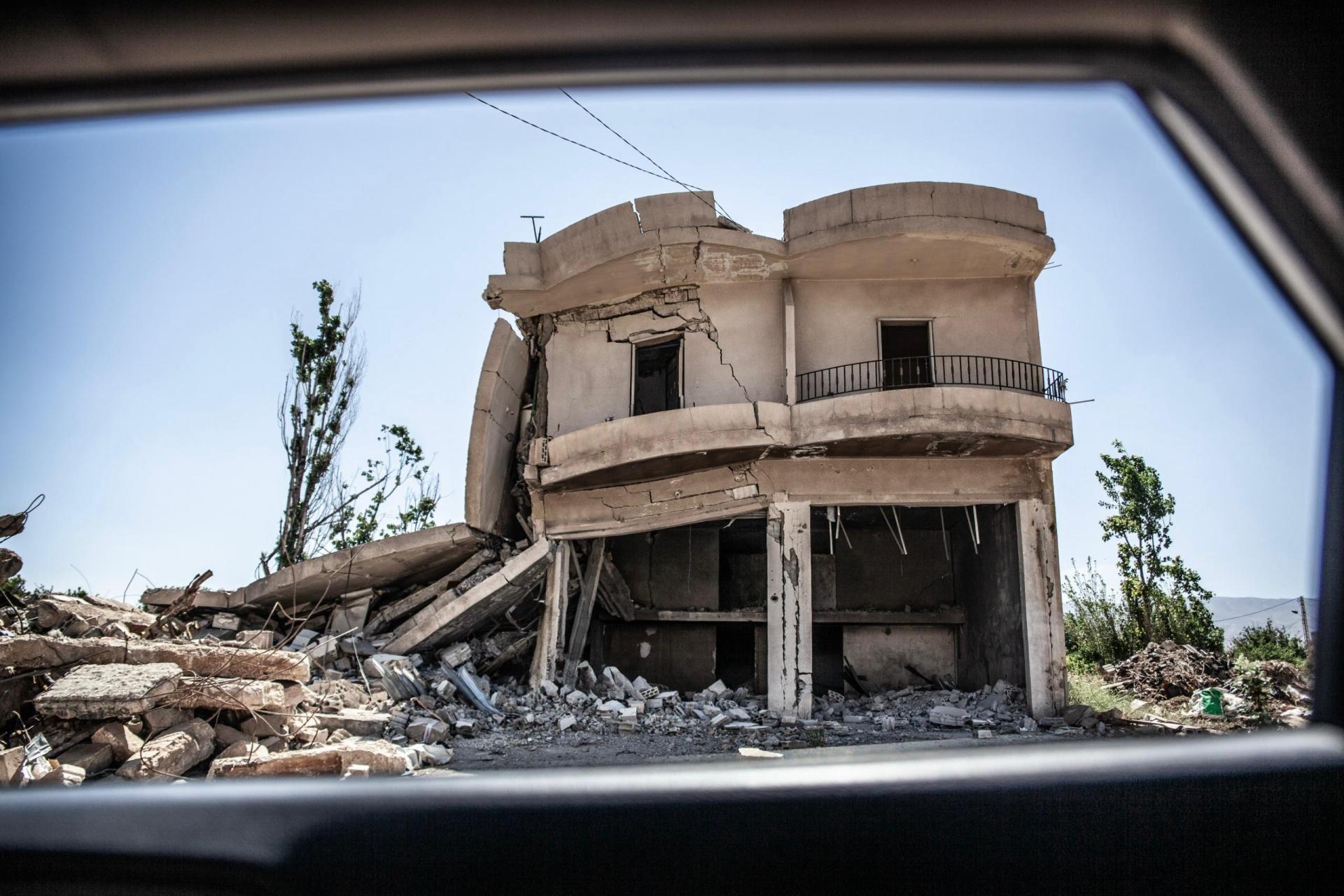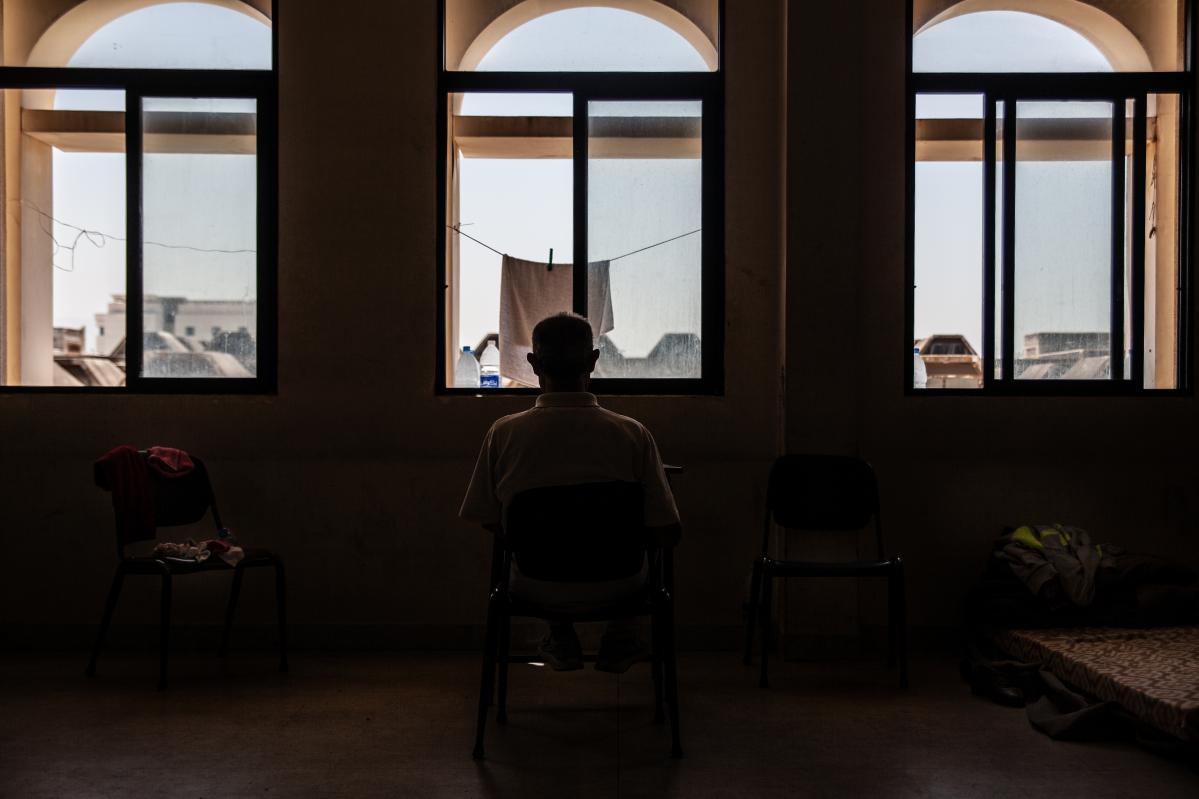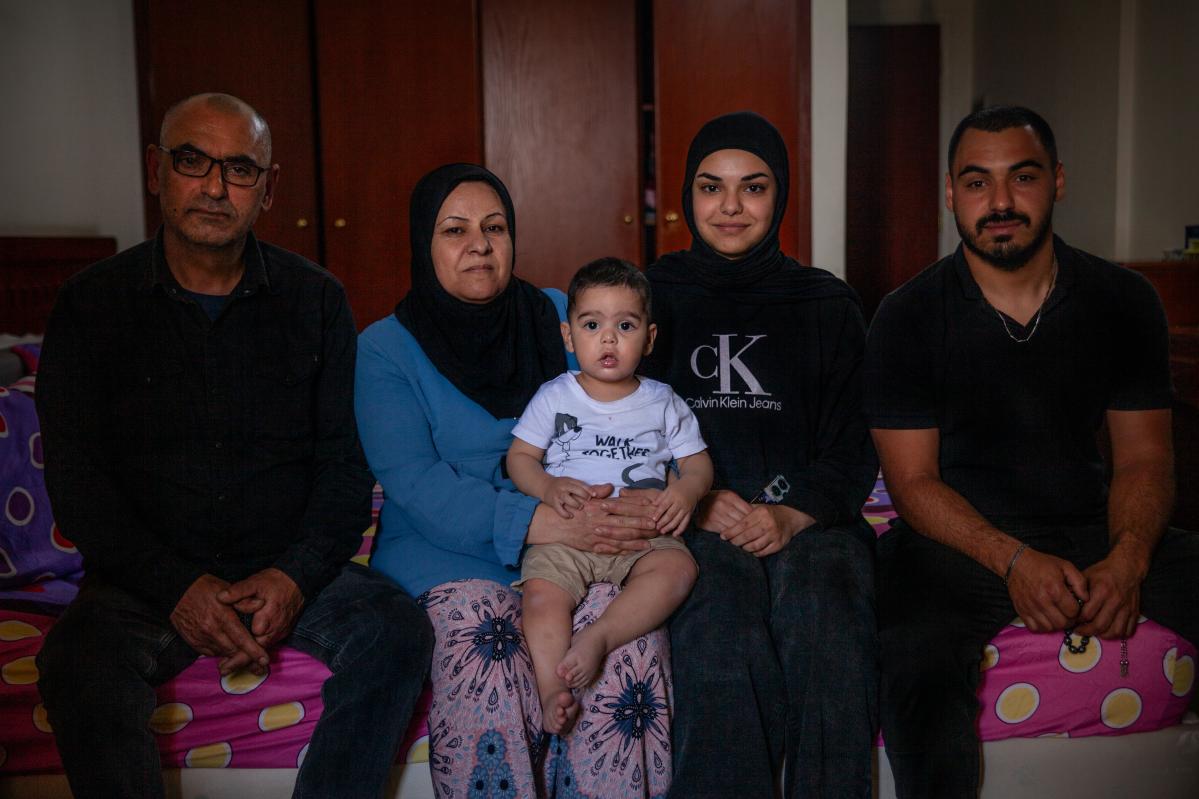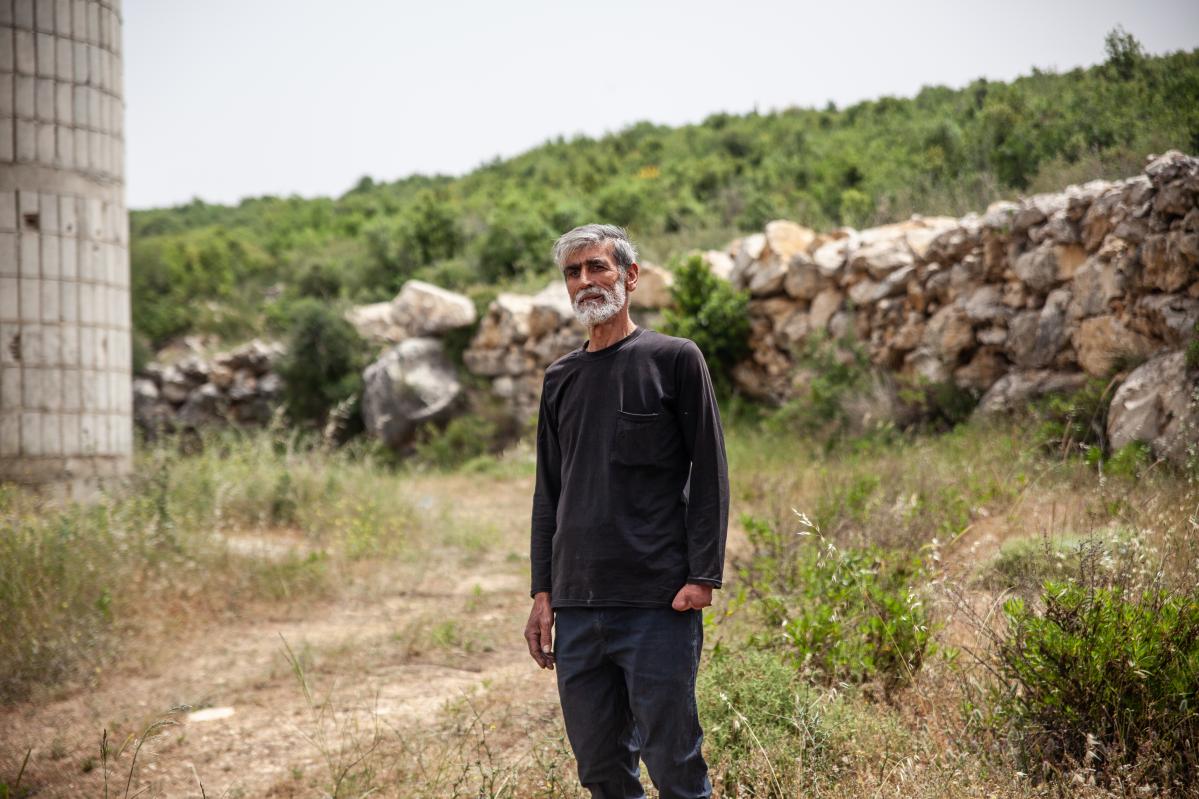

More than a million people go hungry in Lebanon amid instability
6 MONTHS AFTER CEASEFIRE IN LEBANON
- Despite the November 2024 ceasefire in Lebanon, the conflict remains active. Some 90,000 people remain internally displaced in Lebanon with difficulty accessing food and water.
- Nearly 1.2 million people suffer from high levels of food insecurity due to conflict and ongoing displacement, with many unable to return to their home.
- Damage to the agricultural sector is estimated at a minimum of $11 billion since the start of the conflict in October 2023.
Madrid/Beirut, 27 May 2025. Despite a ceasefire agreement six months ago in November 2024 in Lebanon, military activity remains intense in southern parts of the country, the Bekaa and Beirut's southern suburbs. The civilian population remains at high risk, and recent attacks have targeted populated areas, further endangering lives and livelihoods.
"One of the last air strikes was on 8 May," explains Suzanne Takkenberg, director of Action Against Hunger in Lebanon. "On that day, there were more than 19 attacks in the space of an hour in southern Lebanon, close to our distribution points, forcing us to temporarily halt our activities.”
1 in 6 people cannot return home
Some 90,000 people remain internally displaced, according to the International Organisation for Migration. More than 900,000 have returned to their communities, and of these many are unable to access their homes as they are uninhabitable. In other cases, people are at great risk due to the continued violations of the ceasefire or presence of unexploded ordnances. These families are forced to live in borrowed flats or rent temporary housing.

Displaced families have difficulty accessing essential services such as clean water, sanitation and health care. "Displacement, extraordinary increases in the cost of living, interruptions in food supply, loss of livelihoods and damage to water and sanitation infrastructure are some of the barriers that prevent civilians from meeting their most basic needs," says Suzanne Takkenberg.
This is the case for Ali – name has been changed for security reasons – : since he was forced to move during the escalation of the conflict in September 2024, he has not had constant and secure access to food and clean water. Ali's house in Dahiye - Beirut's southern suburbs - was completely destroyed by the attacks, and he had no choice but to flee and seek refuge. He lost his job. Like hundreds of others, Ali arrived at Bir Hassan School in south Beirut, looking for a place to stay, where he is still, alone, eight months later.
The border area was one of the worst affected during the escalation of the conflict in October 2023. Mahmoud, an IDP from Odaisseh on the border with Israel, says: "There is no life. There are no plants. There is nothing left.” Mahmoud has been living with his family for over a year and a half in what was once the Montana Hotel in Marwanieh in the south of the country, where 94 families still live today: "We didn't expect the conflict to last so long, so we didn't bring many things with us.” Mahmoud and his family tried to return to Odaisseh once, but when they saw the level of destruction, they decided to return to the Montana Hotel: "If humanitarian organisations stopped working here, it would be like leaving us at our mercy in a desert," he concludes.

Hunger continues
According to the latest UN report on food security in Lebanon, nearly 1.2 million people, including Lebanese,Syrian, Migrants and Palestinians, suffer from high levels of acute food insecurity despite the ceasefire. The situation is mainly due to the protracted impact of the conflict, continued forced population displacement, and the deep economic crisis of recent years.
The livelihoods of families, especially those who make their living from agriculture, have also been severely impacted. According to the World Bank, damage to the agricultural sector is estimated at a minimum of $11 billion since the start of the conflict in October 2023. Farmers in the south and in the Bekaa area had to abandon their land, although some were able to return.
This is the case of Jaafar, a farmer in Beit Lif, 5 kilometres from the predominantly agricultural border with Israel. In Beit Lif, some 7,000 people used to live there. Now, because of the conflict, only about 125 remain. Jaafar says that "because of the drones, everyone is afraid". He adds: "All the land and all the fields are destroyed in this area in the south. The trees have either been uprooted or damaged.”
Lack of income, lack of access to fertiliser - very expensive especially in Lebanon with inflation and the economic crisis that has been dragging on since 2019 - lack of access to tilling tools and water infrastructure - much of it destroyed by the conflict or rendered unusable by lack of fuel to operate water pumping stations - has made it very difficult for Jaafar and his family to cultivate their fields, their only means of livelihood.

Action Against Hunger's humanitarian response
"Many families are struggling to afford essential food items, highlighting widespread food insecurity," explains Suzanne Takkenberg. "Urgent needs include finding emergency shelter, access to clean water, hygiene kits and sanitation facilities. Damage to water and sanitation infrastructures will make it very difficult for families to return home permanently, while the risk of waterborne diseases remains high. The efforts of humanitarian organisations are crucial to protect the well-being and dignity of those affected," she concludes.
Action Against Hunger has been working for months in the collective shelter where Ali lives to ensure that there is clean water, hygiene products and other essential items to maintain health and prevent disease outbreaks, as well as access to food.
Action Against Hunger is actively responding in Beirut, the Bekaa, Baalbek-Hermel, Nabatiyeh and southern governorates, delivering essential aid. Some of the activities include distribution of blankets, mattresses, pillows, water bottles, nutritional supplements and the provision of health services, as well as the rehabilitation of agricultural lands, water points and the support to families with cash assistance, helping both displaced and returnee families.
